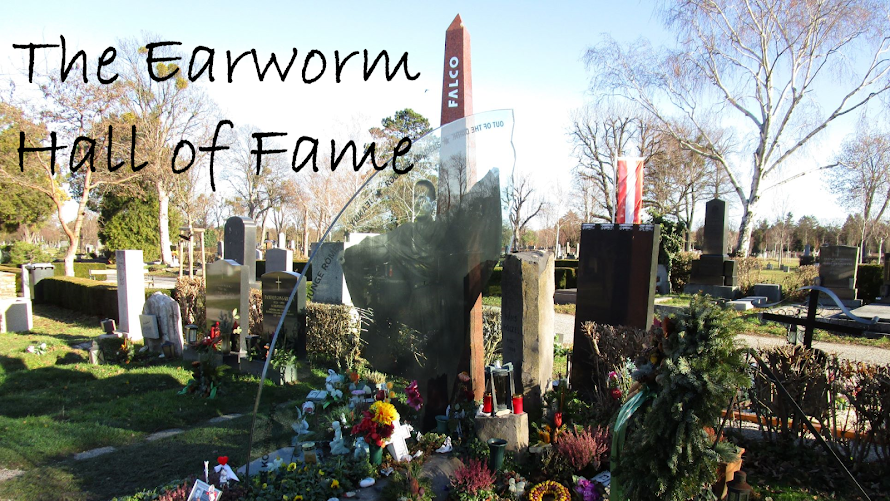And with this, Prince is now in the Earworm Hall of Fame, but only as a songwriter. Performing this song from Prince's self-title second album was ... Ch-Ch-Ch-Ch-Chaka Khan. Chaka Khan. Chaka Khan. Chaka Khan.
And that's the hook that got stuck in a million or more ear canals: the repeated name of a singer. Chaka Khan was prominent from her time with the funk group Rufus. But her career was in a bit of decline by 1984. It was at this point that super-producer Arif Mardin combined the disparate elements of a Prince song, Chaka Khan's powerful, emotive vocals, a Stevie Wonder harmonica and crowd noise sample, with that key ingredient part that turns an energetic Prince cover into an earworm legend: a hip-hop hook courtesy of Melle Mel (from Grandmaster Flash and the Furious Five, whose career as rap pioneers also was in decline by 1984). And he only is simply repeating the singer's stage name.
Prince's second LP was his breakthrough to pop audiences. "I Feel For You" was just an album track, buried near the end of side two. "I Wanna Be Your Lover" was Prince's first hit on the Billboard Hot 100, peaking at #11 on January 26, 1980. "Why You Wanna Treat Me So Bad" was probably the best song on the LP, but it was a hit only on the R&B charts. I failed to cross over to the pop (i.e., "white") audience. And the hard rocking "Bambi" showed Prince could do a credible job with rock and roll if he chose to go in that direction (which he later did, quite often and quite successfully, on so many tracks over the years). (Footnote: For years I have dreamed of Guns & Roses covering "Bambi." It would be well within their wheelhouse, sonically and thematically.)
And then Prince's "I Feel For You" landed on Yvette Marie Stevens's vocal chords. Chaka Khan was a 1970s funk superstar who was still putting out records in the 1980s. "I Feel For You" was the title track from Ms. Stevens's sixth solo LP. But nothing much had landed with mainstream audiences from her solo career except for the Ashford & Simpson penned anthem from her solo debut Chaka, "I'm Every Woman." And, as great as was that song, it climbed only to #21 on the Billboard Hot 100 in very late 1978. She had a great career as lead singer for Rufus, but her solo career was completely stalled out.
Then Melle Mel said her name in a way only he could have done: Ch-Ch-Ch-Ch Chaka Khan Chaka Khan Chaka Khan Chaka Khan. And the rest is earworm history.


